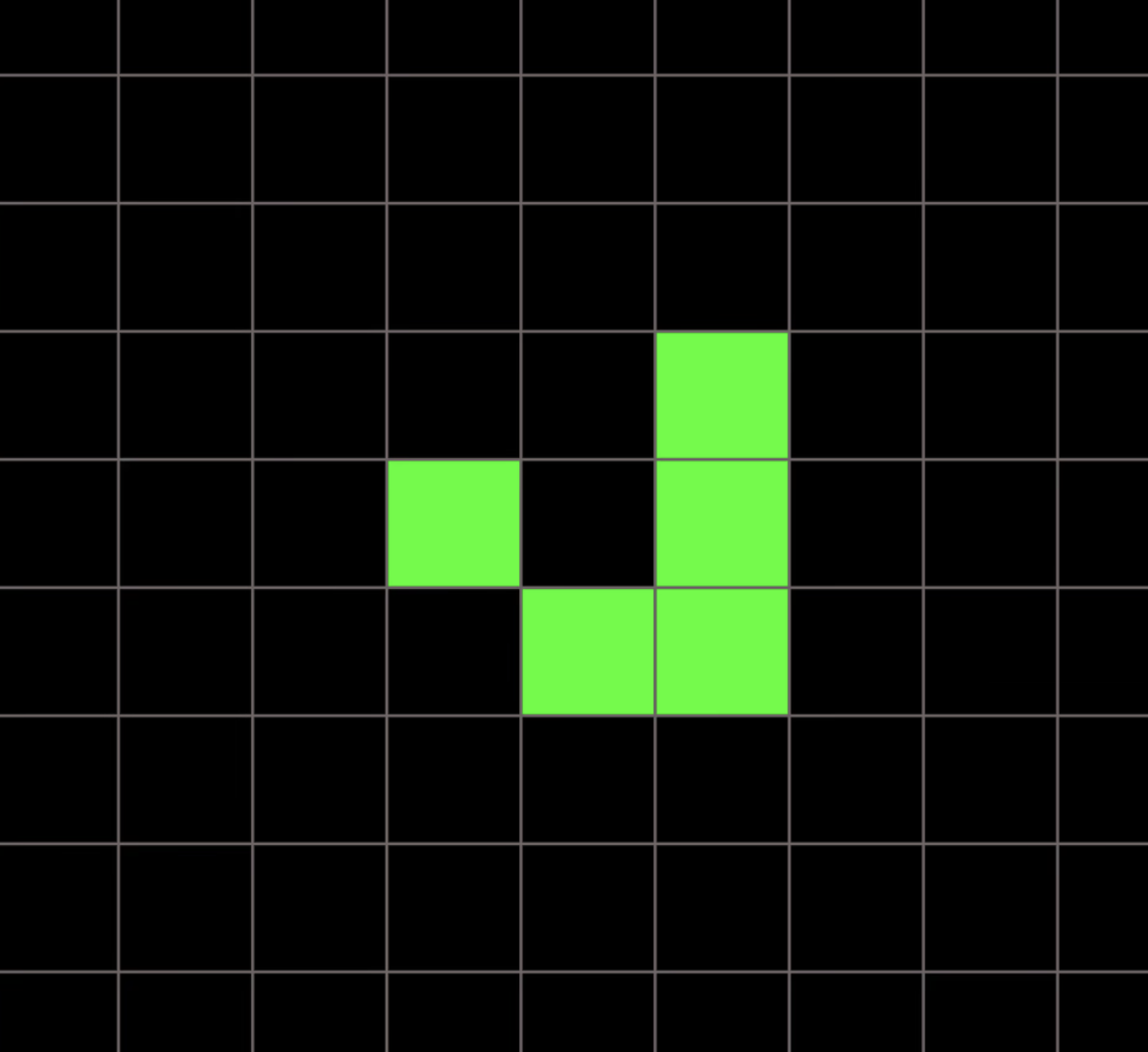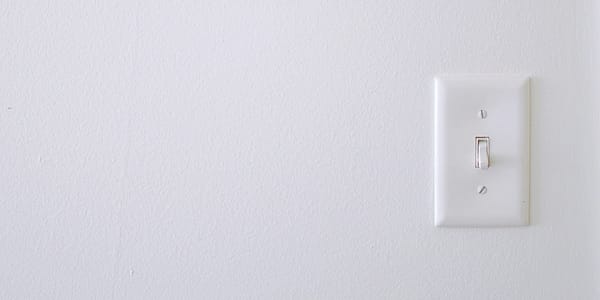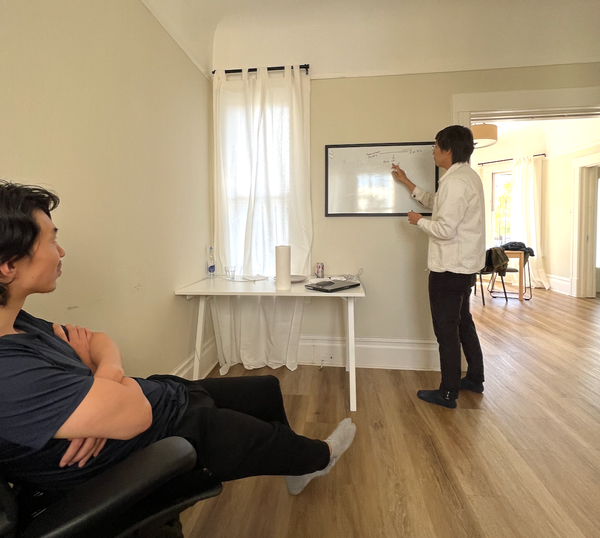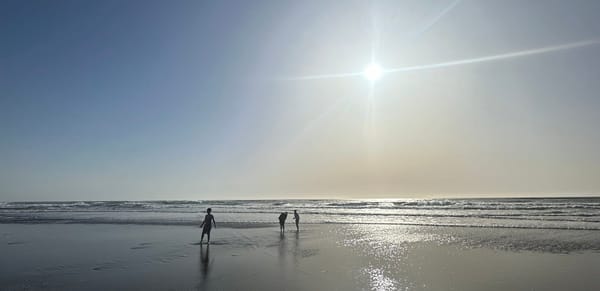Ashamed of success
In 2013, a company that I co-founded was bought. This was a big deal for me. We spent a lot of time building it, and then someone thought…

In 2013, a company that I co-founded was bought. This was a big deal for me. We spent a lot of time building it, and then someone thought it was worth buying, it was called WinJunkie.
I don’t talk about the company or acquisition too much unless it comes up in my work at Tilt. Trying to learn from past mistakes, or repeat past successes, that sort of thing.
I think I told myself that I don’t talk about it because I am humble and don’t have an ego, but that’s BS. The more I reflect the more I know the truth, I am ashamed of it, even though it was successful.
WinJunkie was a site that hosted daily and weekly contests. A friend saw what Groupon and Living Social were doing with daily deals, and decided to copy the model for contests. The pitch was that they were a free and easy way to get exposure, who doesn’t love a contest after all! For a fee, small business in Toronto would host a contest on our platform, we would push it out to our subscribers and that was it.
Sounds okay, where does the shame come in?
I think it’s because WinJunkie didn’t really add value to world at large. It provided a lot of value to our customers, hence our success and why we were later acquired. But the world is not better because of WinJunkie. In fact, you can say that we took from the world. We used some simple psychological principles and created a really successful viral loop that allowed us to acquire users very quickly and very cheaply.
But we didn’t make the world any better.
Tilt makes the world better, and has the chance to revolutionize it. A good friend of mine from my days at Top Hat is working at SpaceX and they are clearly making the world better.
WinJunkie was one of the best things that ever happened to me.
- I made lifelong friends and business partners.
- I learned a lot about growth and acquisition.
- I learned how to build a product that people paid for
- I learned how to sell a company and all the boring details that come with it.
- I learned how to scale and maintain a Rails 3 app that grew to over 100K users on Heroku solo.
- I learned how to build a viral loop
- I learned how to build a business with a remote team (we only met in person once every 2 weeks).
- I learned a lot about Canadian contest law (thank you Loren)
But I didn’t learn how to add a lot of value to the world at large.
My favourite startups are ones that add value to the world.
Take Basecamp. They help teams organize. Organized teams are more effective. They charge money and always will, this means that their founders (DHH and Jason Fried) can shut off their lizard brain and write one of the best business blogs out there https://m.signalvnoise.com/.
Basecamp isn’t as ambitious as Google, or Facebook, or Amazon but they are adding value to their customers, which in turn, lets their team add more value to community and the world. You can argue that that value would be there anyway, but I don’t think so. The lizard brain is a powerful thing, when you are not coming from a mindset of prosperity, prosperity is harder to come by.
Then there is Less Everything, co-founded by Allan Branch. Allan is one of the funniest and most generous founders / developers I follow. We’ve never met, but he’s a hero of mine. He loves his family, makes beautiful art, and has built a business that allows him to add value to customers which in turn lets him add value to the world. As a father, I think one of the best things that software developers and entrepreneurs can do is role model a strong family life. You might not want to get married or have kids, and power to you, but if you do, sometimes the world of tech and entrepreneurship don’t look they fit you, but guys like Allan break the mould and show they do. I hope I do the same.
These are just two examples, there are many more.
There exists a path in which you can earn a good living and make the world better while doing it. You owe it to yourself to find it.
From fullness, fullness comes.




